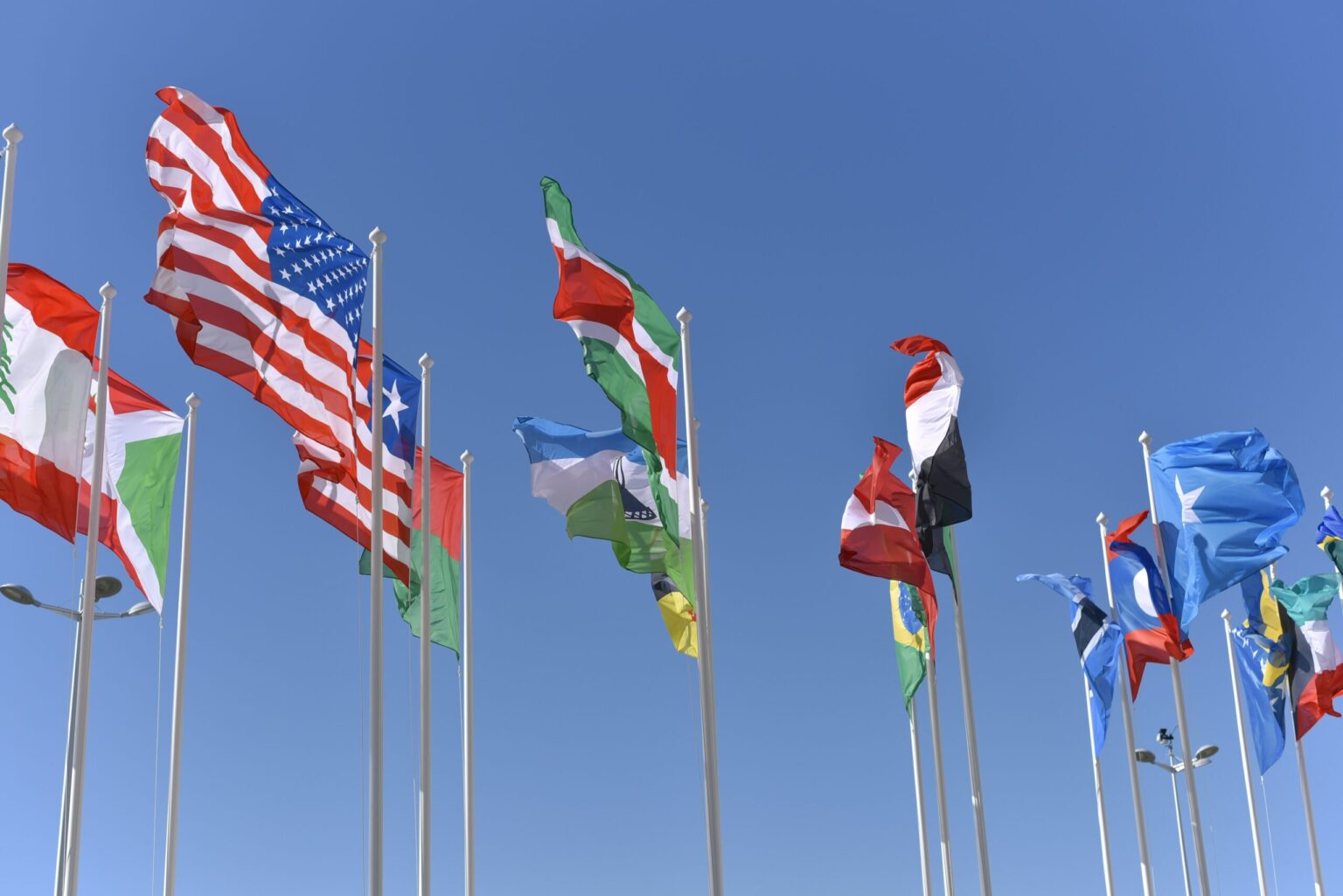A Landmark Summit on AI Safety
The first-ever AI Safety Summit, held in early November 2023 and hosted by the United Kingdom, marked a major milestone in global efforts to address the rapidly advancing field of artificial intelligence (AI). The summit brought together leaders and experts from 28 countries to discuss the safe development and deployment of AI technologies, with a particular focus on frontier AI systems that could have high risks, such as generative AI and autonomous systems.
One of the key outcomes of the summit was the adoption of the “Bletchley Declaration,” a framework designed to guide the development of AI in a manner that is safe, transparent, and ethical. The declaration aims to ensure that AI technologies, while advancing, benefit society as a whole and are deployed responsibly. It emphasizes the importance of minimizing risks to privacy, security, and human rights, marking a significant commitment to protecting individuals and societies from the potential harms of AI.
The Bletchley Declaration and Its Core Principles
The Bletchley Declaration set forth guiding principles to ensure the responsible development of AI, particularly for technologies that could pose significant risks to safety and stability. The framework calls for enhanced transparency in AI systems, clearer accountability measures, and stronger regulatory oversight. Additionally, the declaration urges that AI systems be developed with fairness and ethics in mind, ensuring that AI advancements align with global human rights standards.
A significant focus of the summit was the potential impact of AI on national security, labor markets, and geopolitical stability. With AI’s rapid growth and capabilities expanding at an unprecedented rate, leaders recognized the need for international standards that would regulate AI systems across borders, ensuring that they are used to benefit all of humanity while mitigating the associated risks.
International Collaboration and Challenges
The summit underscored the growing international recognition of the need for global AI safety standards. The United States, the European Union, China, and several other nations participated in the discussions, reflecting the global importance of regulating AI technologies. While there was broad agreement on the need for international cooperation to address AI risks, the practical challenges of implementation loomed large.
Differing national priorities and interests presented obstacles to creating uniform regulations. Countries with varying political, economic, and technological interests may have conflicting views on how to regulate AI, making it difficult to enforce globally accepted standards. These concerns highlighted the complexity of achieving broad consensus on AI regulation and pointed to the need for ongoing dialogue and cooperation between nations to bridge gaps and ensure that AI is developed safely and responsibly.
Looking Ahead: The Need for Robust AI Regulations
As AI technology continues to evolve at an accelerating pace, the urgency of implementing effective global regulations has never been clearer. The Bletchley Declaration represents a critical first step in addressing the risks associated with AI, but it is just the beginning of a long journey. The summit demonstrated the importance of international collaboration to ensure that AI’s benefits are maximized while its potential dangers are minimized.
While the summit’s outcomes were a positive sign of global efforts to regulate AI, the path forward will require sustained international engagement, the development of more specific regulatory frameworks, and effective enforcement mechanisms. As AI continues to shape every aspect of society—from healthcare to national security—the stakes are high. Ensuring that AI technologies are developed safely, ethically, and transparently will be crucial in guiding the future of this transformative technology.
